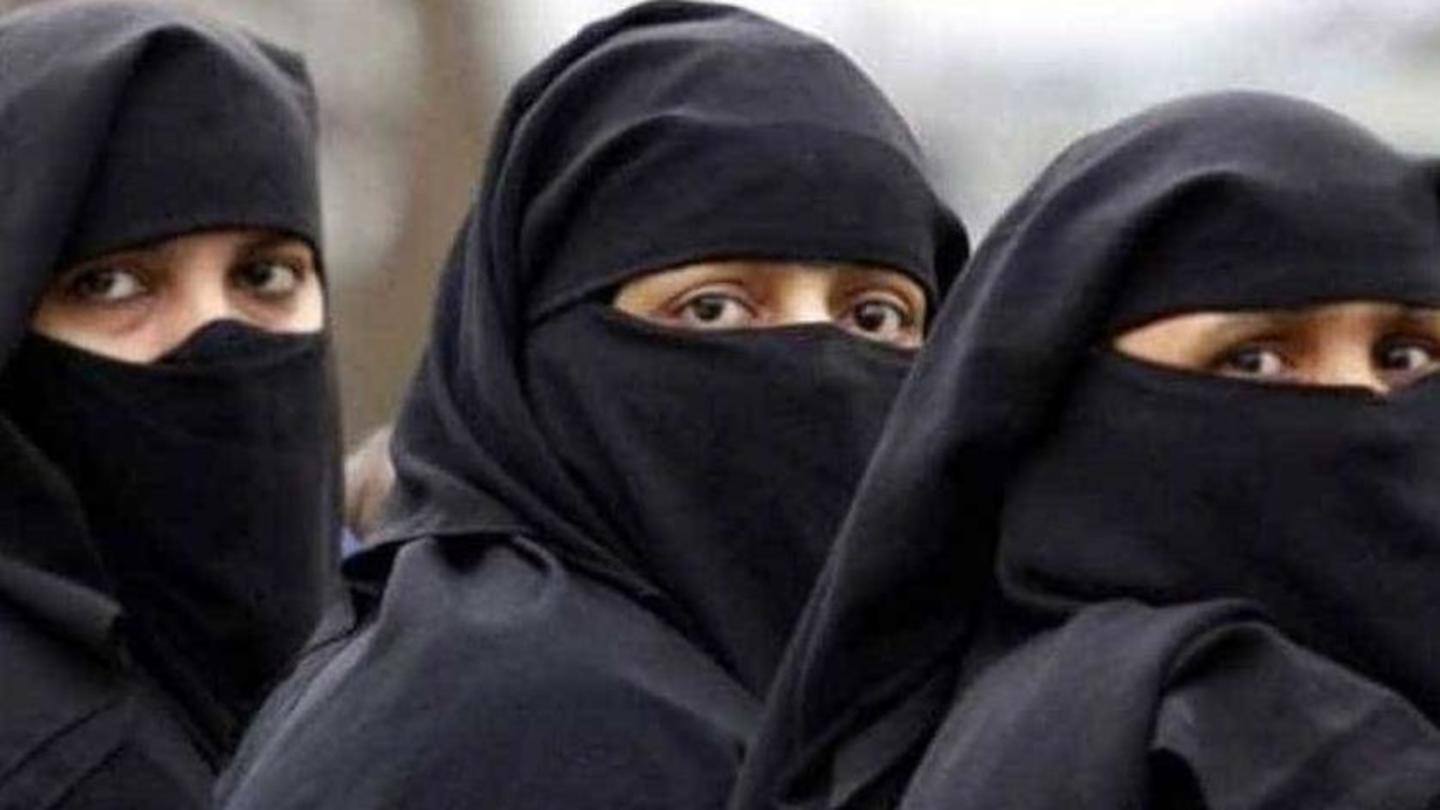
Sri Lanka won't rush to ban burqas: Cabinet Spokesman
What's the story
The Sri Lankan government will not rush through the process to ban burqas and the decision on the issue would be taken after reaching a consensus, a senior minister said on Tuesday. The Cabinet spokesman's remarks came a day after Pakistan's envoy to Colombo Saad Khattak criticized the Sri Lankan government's plan to ban the wearing of burqas in the country.
Details
'Decision raises questions about fundamental human rights of minorities'
"Such divisive steps in the name of security will not only hurt the sentiments of Muslims but also strengthen wider apprehensions about the fundamental human rights of minorities in the island nation," the remarks said. Sri Lanka's Cabinet at its weekly meeting on Monday did not take up the issue of imposing a ban on Niqab.
Decision
National security considerations will shape final decision
"The decision will be done in consultation and after reaching a consensus," Cabinet spokesman and senior minister Keheliya Rambukwella told reporters on Tuesday. He said that the government will not rush through the process to ban face coverings. "Any decision will be taken depending on intelligence assessment in terms of national security considerations," the minister said.
Information
Burqa had posed a threat to national security: Sarath Weerasekera
Public Security minister Sarath Weerasekera had announced over the weekend that he had signed a Cabinet paper proposing the ban on Niqab. The paper was expected to be taken up at Monday's Cabinet meeting. Weerasekera said the burqa had posed a threat to national security.
Burqa Ban
Sri Lanka temporarily banned the burqa in 2019
The Buddhist-majority nation in 2019 had temporarily banned the wearing of burqas under emergency regulations following the Easter Sunday attacks. To recall, nine suicide bombers belonging to the local Islamist extremist group National Thawheed Jamaat (NTJ) carried out a series of blasts that tore through three churches and as many luxury hotels, killing 270 people, including 11 Indians, and injuring over 500.
Revised policy
Cremation of COVID-19 victims was made mandatory last year
The Lankan government last year had also made the cremation of COVID-19 victims mandatory, citing health concerns. It cited the opinion of experts who claimed that the burial of COVID-19 victims would contaminate the water table, thereby spreading the pandemic. The cremation of bodies is forbidden in Islam and Christianity. Amidst mounting international criticism, including from Pakistan, the government revised its policy last month.
Issue raised
Pakistan Prime Minister raised the issue after visiting Colombo
Pakistan Prime Minister Imran Khan had also raised the issue during his visit to Colombo last month. Muslims make up about nine percent of the 22 million people in Sri Lanka, where Buddhists account for more than 70 percent of the population. Ethnic minority Tamils, who are mainly Hindus, comprise about 12 percent, while Christians account for over seven percent of the population.